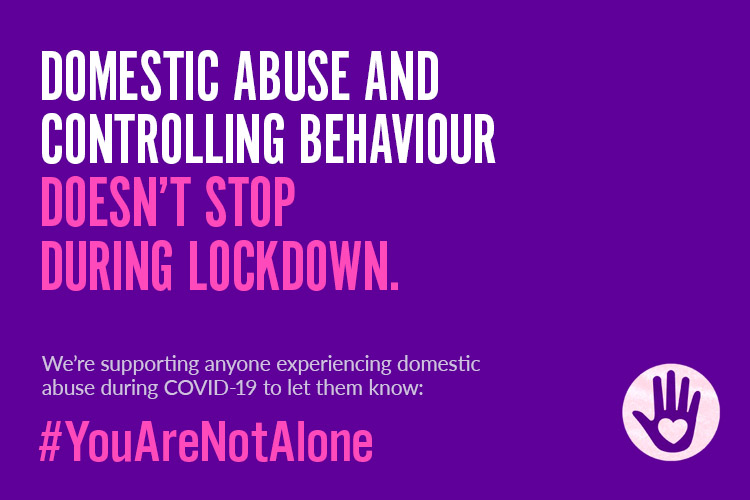If you follow any health organization on Twitter you might have caught a glimpse of the #WBW2014 or #breastfeeding hashtags being used to promote World Breastfeeding Week 2014. WBW runs annually to highlight the importance of breastfeeding for a healthy start to life. This year’s theme was “Breastfeeding: A Winning Goal – For Life”, so let’s take a quick look at the facts about breastfeeding before diving into how mothers, society, and young people feel about breastfeeding.
Breastfeeding is natural, cost-effective, generally simple, and the proven best option for newborns, yet globally only 43% of newborns are breastfeed within one hour of birth*. In the UK 74% of mothers start breastfeeding, but by six weeks this falls to 47% and young mothers have significantly lower rates*. Early and exclusive breastfeeding supports healthy brain development, improves cognitive function, shows improved educational achievements at age 5, provides nutrition and protects children against disease.
The Lancet has said “optimal breastfeeding of infants under two years of age has the greatest potential impact on child survival of all preventive interventions, with the potential to prevent over 800,000 deaths (13 per cent of all deaths) in children under five in the developing world.”
Furthermore, the UK Millennium Cohort Survey found that “six months of exclusive breast feeding was associated with a 53% decrease in hospital admissions for diarrhea and a 27% decrease in respiratory tract infections.” It also offers benefits to the mother by reducing post-partum hemorrhage, acting as a natural contraceptive, and reducing the chances of developing breast, uterine and ovarian cancer.*
On top of these statistics, baby formulas can be expensive. So with all of these extraordinary benefits, why don’t more mothers breastfeed?
Although this is a multifaceted and complicated issue, its sources are in social and cultural influences. Young people tend to lack knowledge of the benefits of breastfeeding their baby and can be influenced by the negative images of breastfeeding from the media. Breastfeeding can be sexualized, considered gross, and mothers often get shamed when feeding in public places.
There is a constant battle in the media about where breastfeeding is appropriate, and stories constantly pop up of women being asked to leave restaurants and other public areas, or of women having to go to dirty public restrooms when their baby is hungry. When your home becomes the only place left where no one will harass you, breastfeeding becomes an unattractive option compared to bottle-feeding for anyone who wants to leave their house with their baby (probably everyone!).
This makes things even more difficult for young people who usually have less access to resources that support mothers like antenatal classes, friends, and family. They can be more easily embarrassed, less assertive and may not ask for help after failing a couple of times.* World Breastfeeding Week sets out to help fight these problems by educating the public while putting out actions plans for governments to incorporate support for breastfeeding into their health systems!
It’s important to mention that even though breastfeeding mothers and role models should be encouraged (Olivia Wilde was photographed by fashion photographer Patrick Demarchelier breastfeeding her infant son Otis for Glamour in support of WBW), the answer is not to shame bottle-feeding mothers which can often happen!
Firstly, people are free to choose what’s best for their family, and there are many reasons why a mother may be bottle-feeding. While it could be a lack of support or knowledge, it could also be that pumped milk makes for easier transportation, a baby’s medical condition, breast surgery that has damaged her ducts, or an inability to breastfeed*.
These mothers love their children too, and shaming or judging does not help them or the goal of increasing breastfeeding. Not to mention, harassing mothers for breastfeeding in public, and then shaming them for bottle-feeding, leaves them again with home being the only place where they are safe from judgment.
Hopefully this has left you with some facts on breastfeeding and a few insights on the challenges mothers face, what can help, and as always to respect everyone’s choices. For more information, take a look at the references used in this article, www.worldbreastfeedingweek.org, and the #WBW2014 and #Breastfeeding on Twitter.
written by Emma Burgess
*http://www.unicef.org/nutrition/index_24824.html *https://www.gov.uk/government/uploads/system/uploads/attachment_data/file/206553/Breastfeeding_Statistics_2012-13.pdf *http://www.dhsspsni.gov.uk/breasfeedingratesyoungmothers.pdf *http://www.thegloss.com/2014/08/05/fashion/olivia-wilde-breastfeeding-son-otis-glamour-magazine-september-2014-photo-shoot/ *http://www.theguardian.com/commentisfree/2014/aug/07/breastfeeding-women-bottle-feeding-problem *http://worldbreastfeedingweek.org/




